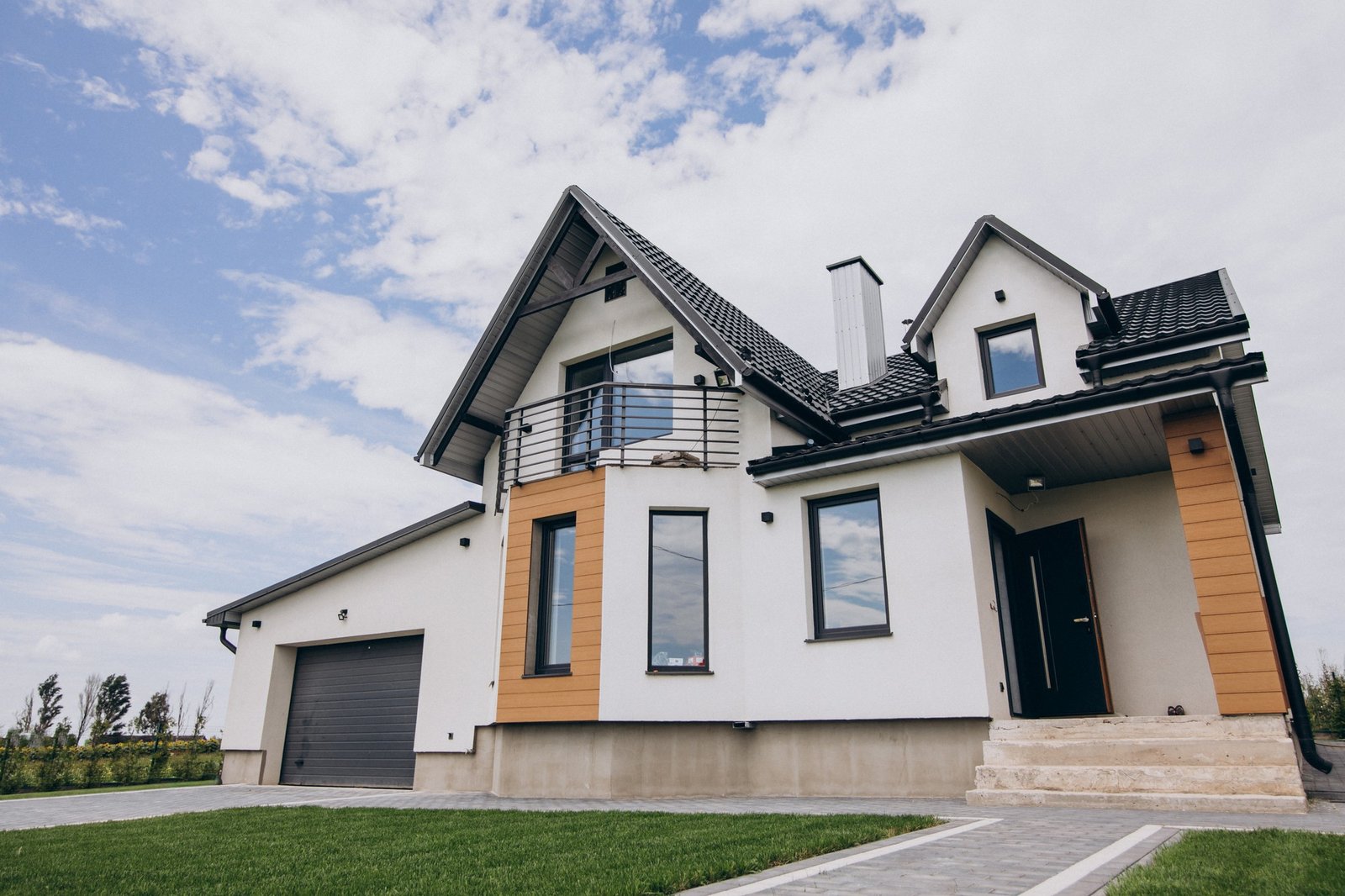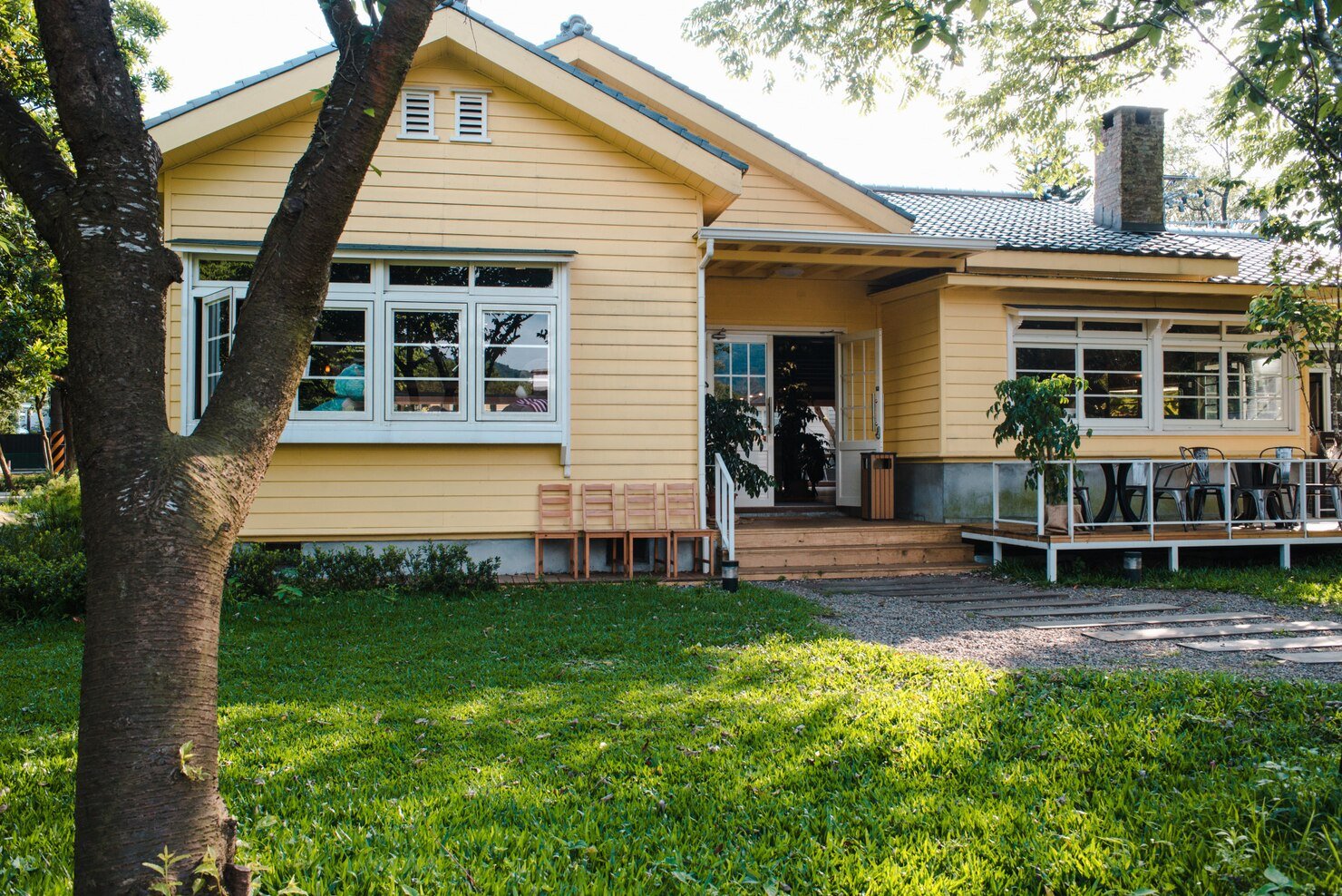Essential Maintenance Tips for Manufactured Home Owners
Manufactured homes offer many advantages over traditional site-built houses, including affordability and mobility. However, like any home, they require routine upkeep to ensure longevity and comfort. Unlike conventional homes, manufactured houses are built in factories using different materials and construction methods, meaning their maintenance needs differ as well.
In this guide, we will explore key maintenance tips every manufactured home owner should follow to keep their home in excellent condition.
Key Maintenance Areas for Manufactured Homes
Foundation & Leveling
A solid and level foundation is critical for the stability of your home. Over time, manufactured homes settle, which can cause structural shifts.
- Inspect the foundation annually for cracks or uneven areas, especially during the first few years in a new location.
- Re-level your home periodically to prevent warping, sticking doors, or drafty windows.
- If your home has a permanent foundation, have it professionally inspected for signs of shifting or cracks.
Skirting
The skirting around your home prevents moisture buildup underneath, which can lead to structural issues.
- Check for any holes, cracks, or damages that could allow moisture to seep in.
- Ensure proper ventilation by allowing one square foot of venting per 150 square feet of space underneath your home.
- Repair any damaged sections immediately to prevent excessive humidity buildup.
Roof & Coating
The roof is one of the most critical components of your manufactured home. Proper maintenance ensures protection from the elements.
- Inspect the roof for missing or damaged shingles and remove debris regularly.
- Check for any cracks or soft spots in the caulking to prevent water infiltration.
- Reseal and recoat the roof annually, especially if your home has a flat metal roof.
- Use the appropriate coating based on your roof type—aluminum or asphalt coatings for rubber or PVC roofs.
Gutters
Well-maintained gutters prevent water damage to your home’s exterior and foundation.
- Clean the gutters at least once a year to remove dirt, leaves, and debris.
- If you live in an area with heavy rain or snowfall, inspect the gutters at least twice a year—before winter and again in spring.
- Address any clogs immediately to prevent damage from water overflow.
Siding
Maintaining your home’s siding keeps it looking fresh and prevents mold or mildew growth.
- Wash the siding regularly using mild detergent and water.
- For vinyl siding, mix one part chlorine bleach with three parts water to remove mildew safely.
- Use specialized cleaning products to eliminate rust and mold stains without damaging the exterior.
Windows & Vent Caulking
Caulking around windows and vents prevents air leaks and maintains indoor comfort.
- Inspect seals annually, particularly before winter, to ensure there are no cracks or gaps.
- Replace any damaged or shrunken seals to improve insulation and reduce energy costs.
- Reseal all vents and ducts at least once a year for maximum efficiency.
HVAC System & Filters
A well-maintained heating and cooling system ensures energy efficiency and better air quality.
- Clean or replace air filters every few months to prevent dust buildup and improve air circulation.
- Vacuum air vents and ducts annually to reduce allergens and improve system efficiency.
- Schedule professional inspections if necessary to extend the life of your HVAC system.
Indoor Cleaning Practices
Keeping the interior of your home clean extends the lifespan of fixtures and appliances.
- Use mild detergents on walls, fixtures, and surfaces to prevent discoloration.
- Avoid harsh cleaning chemicals like pure bleach, which can damage fiberglass tubs and sinks.
- Choose non-abrasive cleaning solutions to maintain the original appearance of your home’s interior features.
Understanding Maintenance-Related Warranties
Some home and appliance warranties require specific maintenance to remain valid.
- Review warranties for carpets, appliances, HVAC systems, and plumbing to ensure compliance.
- Follow the manufacturer’s recommended maintenance schedule to uphold warranty coverage.
Choosing a Manufactured Home Community with Maintenance Services
One benefit of living in a manufactured home community is that some offer maintenance services as part of their lot rental agreement.
- Look for communities that provide services like gutter cleaning, plumbing inspections, and seasonal preparations.
- Selecting a well-maintained community can save time and money while ensuring your home remains in top shape.
Why Manufactured Home Maintenance Matters
Saves Money in the Long Run
Neglecting maintenance can lead to costly repairs. For example, a clogged air filter forces the HVAC system to work harder, increasing energy bills and wear on the system. Preventative maintenance reduces unexpected expenses.
Boosts Home Value
A well-maintained manufactured home holds its value better than one with deferred maintenance. If you ever decide to sell, regular upkeep ensures a positive home inspection report, potentially increasing resale value.
Prevents Secondary Damage
Small problems can escalate if not addressed promptly. Leaking pipes, for instance, can damage flooring, while a compromised roof can lead to structural deterioration.
Enhances Comfort & Quality of Life
A clean and well-maintained home provides a better living experience. A quiet, efficient heating system, sealed windows, and smooth-operating fixtures contribute to a more comfortable home environment.
Keeps Pests Away
Cracks in the foundation, gaps in skirting, or poorly maintained vents provide entry points for insects and rodents. Regular inspections help prevent infestations and potential damage from pests like termites or ants.
Maintains Neighborhood Standards
If your home is in a managed community, maintaining its exterior appearance may be required. Keeping up with repairs ensures compliance with neighborhood rules and helps maintain overall community appeal.
Final Thoughts
Proper maintenance of your manufactured home extends its lifespan, prevents costly repairs, and ensures a comfortable living environment. Key areas such as the foundation, roof, skirting, HVAC, and siding should be inspected regularly.
If your home is in a community that offers maintenance services, take advantage of these benefits. Otherwise, hiring professionals for specific tasks like HVAC servicing and roofing inspections can save time and ensure high-quality maintenance.
For more information on manufactured home living and maintenance, feel free to reach out to Mission Road MH & RV Parks:
- Email: admin@mhpmanagementllc.com
- Phone: 210-622-8103
- Address: 18208 Preston RD STE D9 – 269, Dallas, TX 75252



